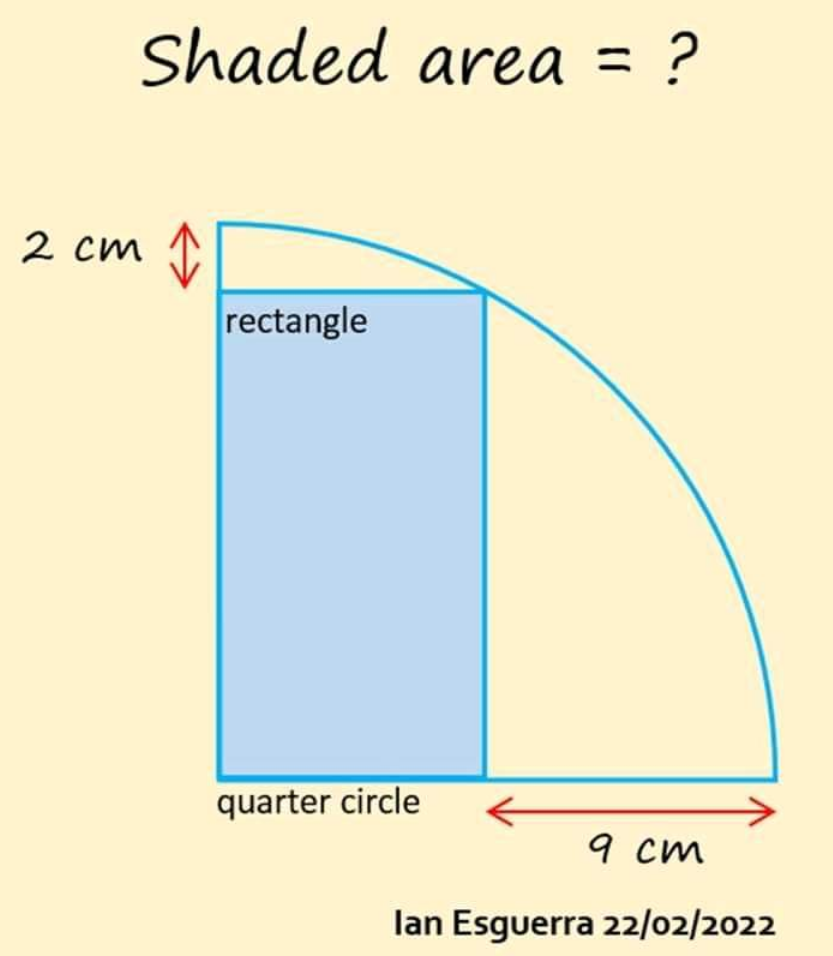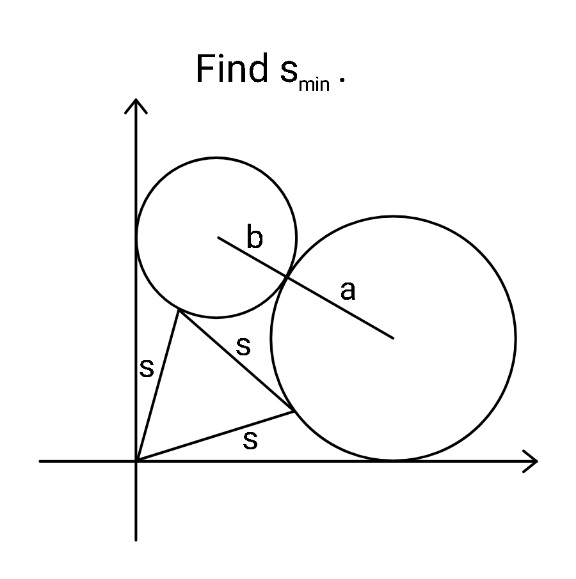
AllQuestion and Answers: Page 535
Question Number 166828 Answers: 0 Comments: 0
Question Number 166822 Answers: 1 Comments: 0

Question Number 166818 Answers: 1 Comments: 3

Question Number 166814 Answers: 2 Comments: 0
Question Number 166813 Answers: 2 Comments: 0
Question Number 166812 Answers: 0 Comments: 0
Question Number 166805 Answers: 1 Comments: 0
Question Number 166801 Answers: 1 Comments: 2
Question Number 166888 Answers: 1 Comments: 0

Question Number 166892 Answers: 2 Comments: 0
Question Number 166891 Answers: 0 Comments: 0
Question Number 166796 Answers: 1 Comments: 0
Question Number 166793 Answers: 1 Comments: 0

Question Number 166797 Answers: 0 Comments: 0
$$\:\int\frac{\sqrt{{x}+\sqrt{{x}}}}{\:\sqrt{{x}+\mathrm{1}}}\:{dx} \\ $$
Question Number 166787 Answers: 0 Comments: 3
Question Number 166779 Answers: 1 Comments: 0

Question Number 166774 Answers: 0 Comments: 1

Question Number 166771 Answers: 0 Comments: 0
Question Number 166770 Answers: 4 Comments: 6
Question Number 166764 Answers: 1 Comments: 0
Question Number 166759 Answers: 0 Comments: 0

Question Number 166756 Answers: 2 Comments: 0
Question Number 166754 Answers: 1 Comments: 0

Question Number 166749 Answers: 1 Comments: 1

Question Number 166738 Answers: 3 Comments: 1

Question Number 166737 Answers: 0 Comments: 2
Pg 530 Pg 531 Pg 532 Pg 533 Pg 534 Pg 535 Pg 536 Pg 537 Pg 538 Pg 539
